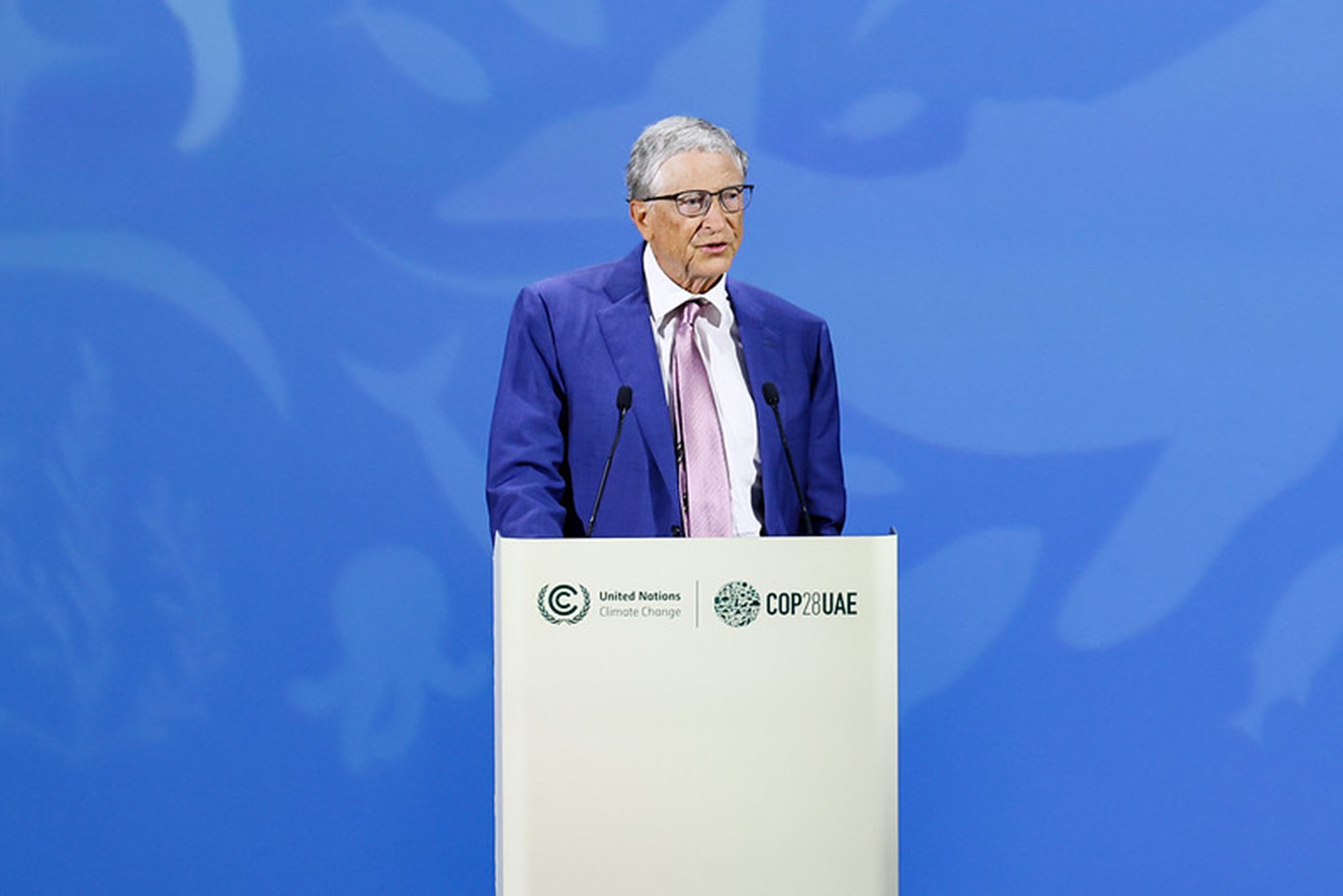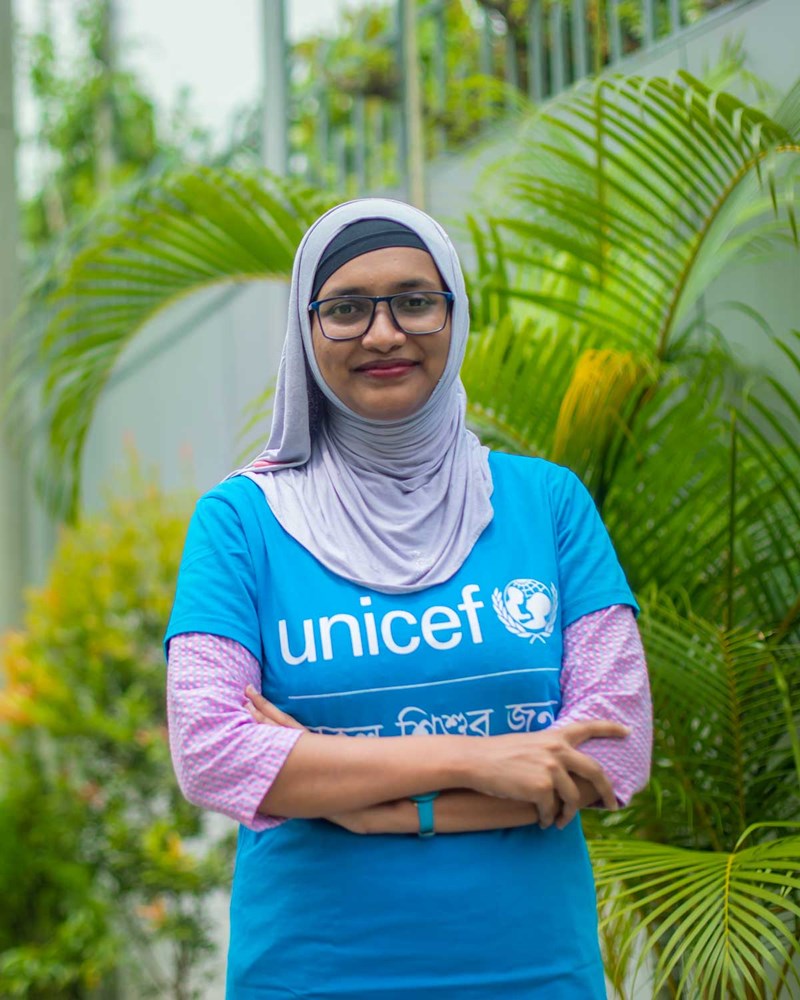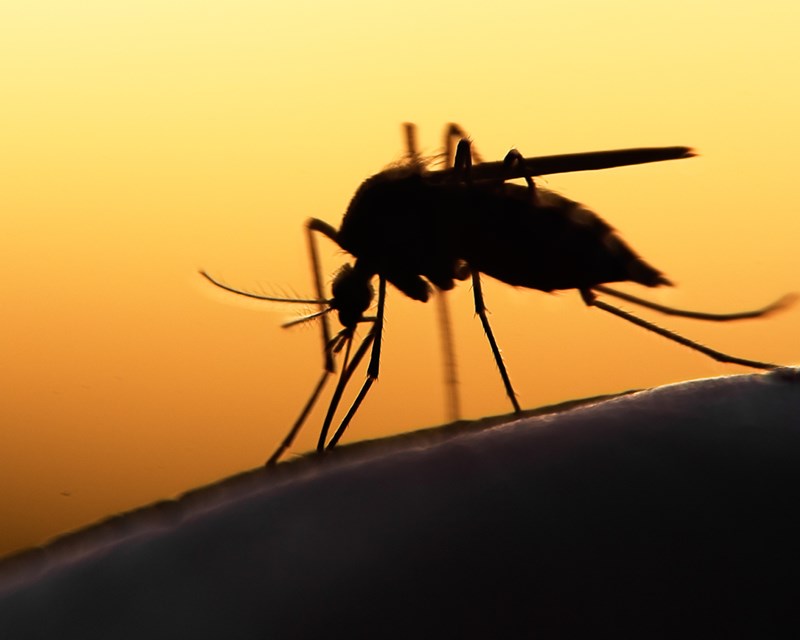Global donors pledged a collective US$777.2m to help control, eliminate, and eradicate neglected tropical diseases (NTDs) during the 2023 Reaching the Last Mile Forum. The high-level pledging event, which took place during “health day” at COP28, was hosted by Reaching the Last Mile, the global health initiative driven by the philanthropy of UAE president, Sheikh Mohamed Bin Zayed Al Nahyan, in partnership with the Bill & Melinda Gates Foundation.
Reaching the Last Mile and the Gates Foundation each pledged US$100m to expand the Reaching the Last Mile Fund (RLMF) to $500m.
This expansion will increase the reach of the fund from seven countries to 39 across Africa and Yemen, with the goal of eliminating two NTDs, lymphatic filariasis and onchocerciasis (river blindness), from the continent of Africa.
Additional contributions were made by country and donor partners including Sierra Leone, the Carter Center, Sightsavers, the Children’s Investment Foundation Fund (CIFF), The Helmsley Charitable Trust, the END Fund, and Abu Dhabi National Insurance Company. Read the full list of donors here.
NTDs blind, maim and disfigure their victims, keeping children out of school, adults out of work, and trapping families in poverty. Yet, most are preventable or treatable.
“Climate change is inextricably linked to poverty and diseases affecting millions,” said Bill Gates, co-chair of the Bill & Melinda Gates Foundation, who attended the pledging moment in the main plenary at COP28.
“That is why funding for lifesaving healthcare is critical and why we’re joining global partners to build on the tremendous progress of the Reaching the Last Mile Fund to date, and accelerate the elimination of LF and river blindness across Africa and beyond,” he added.






